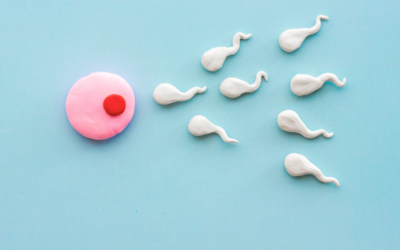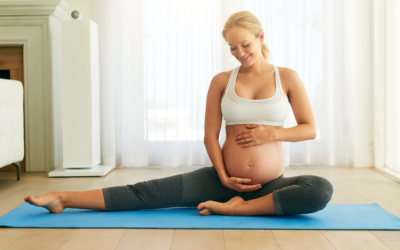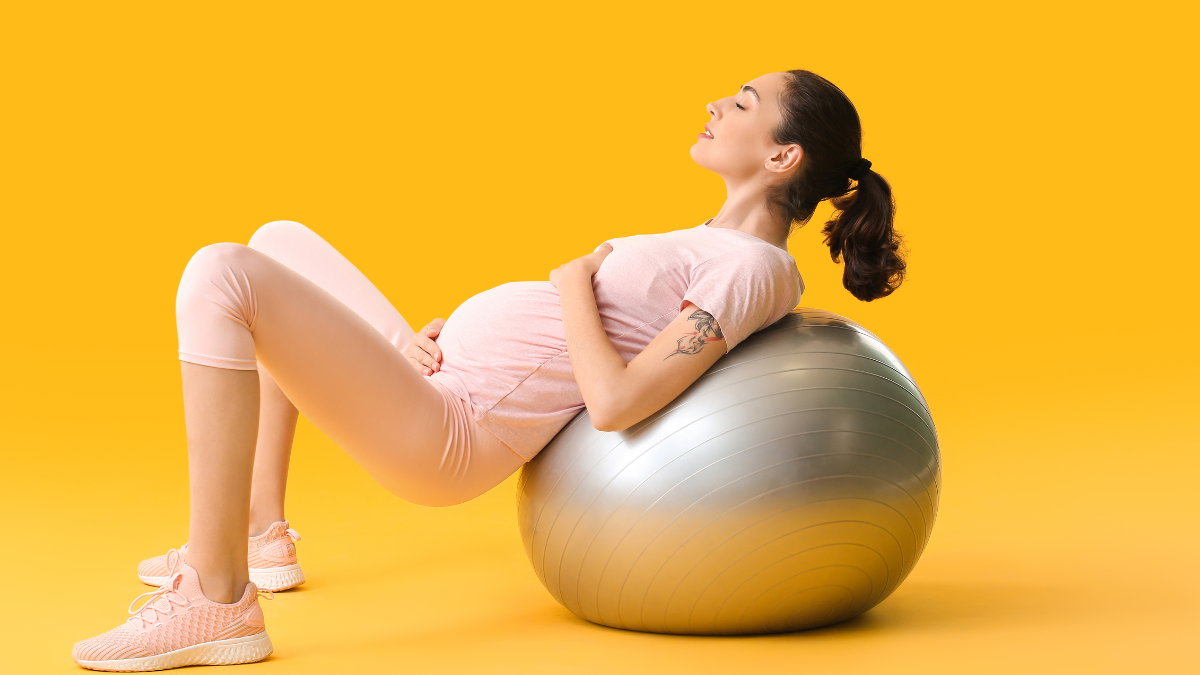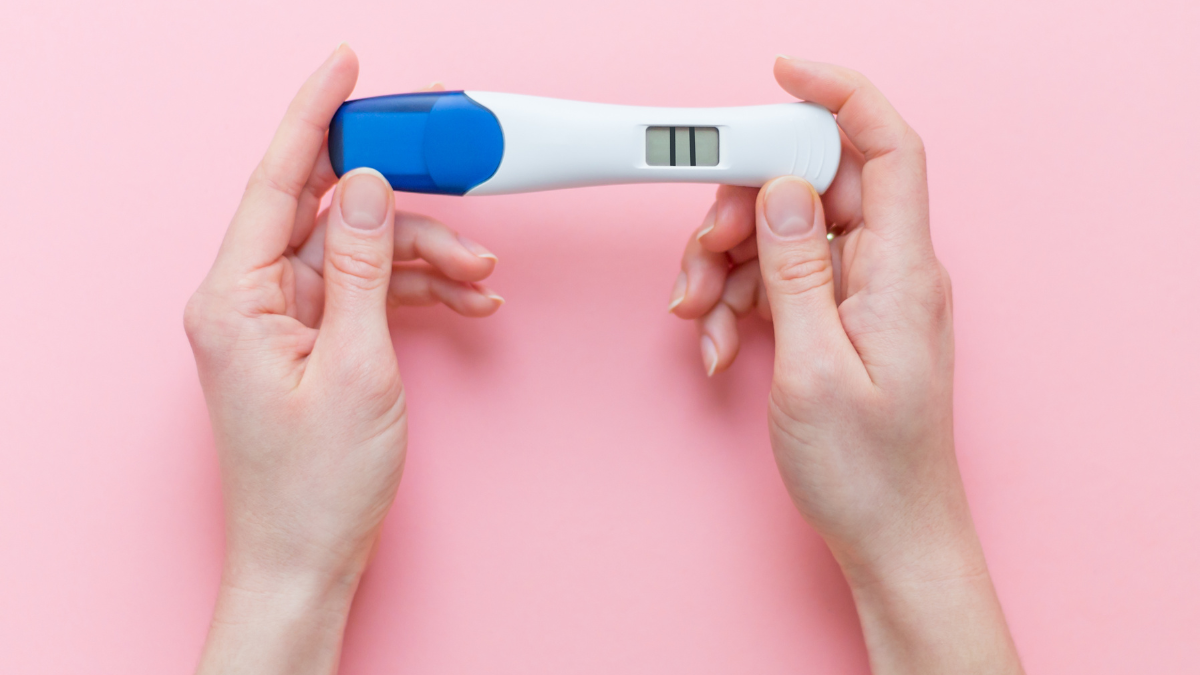At 16 weeks pregnant, you are officially in the second trimester—a stage often called the “honeymoon period” of pregnancy. Many moms-to-be find that early pregnancy discomforts like nausea and fatigue begin to ease, allowing them to enjoy this exciting time. Whether this is your first baby or your third, every week brings new changes for both you and your growing little one.
In this guide, we’ll cover everything you need to know about being 16 weeks pregnant—from symptoms and baby growth to health tips and what to expect at your prenatal appointments.
Table of Contents
How Many Months Is 16 Weeks Pregnant?
When you’re 16 weeks pregnant, you’re roughly four months along in your pregnancy. Because pregnancy is measured as a 40-week journey, this places you at the start of the second trimester, which runs from week 13 through week 27. Many women call this the “sweet spot” of pregnancy—early symptoms like nausea often ease, energy returns, and the growing baby bump becomes more noticeable.
Your Baby’s Development at 16 Weeks Pregnant
Your baby is growing at an amazing pace this week! Here’s what’s happening inside your womb:
- Size & Weight: Your little one is roughly the size of an avocado—about 4.5 inches long and weighing around 3.5 ounces.
- Muscle Strength: Baby’s muscles are becoming stronger, allowing more movement. You might start feeling flutters soon (called “quickening”), though some women notice them closer to 18–20 weeks.
- Facial Expressions: Facial muscles are developing, and your baby can even make small expressions like frowning or squinting.
- Eyes & Ears: Although still sealed, the eyes can move, and the ears are almost in their final position.
- Circulatory System: Your baby’s heart is pumping about 25 quarts of blood a day, a sign of a strong, growing circulatory system.
These changes mean your baby is becoming more active and responsive to the world—even if you can’t quite feel it yet.
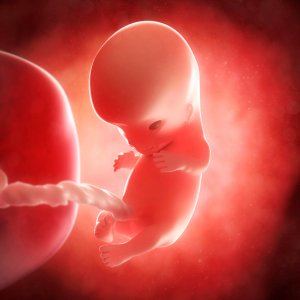
Common Symptoms at 16 Weeks Pregnant
Every pregnancy is different, but here are common symptoms many women experience during this week:
- Increased Energy: Morning sickness often lessens, and you may feel more energetic.
- Round Ligament Pain: As your uterus expands, you might feel stretching or mild pain in the lower abdomen or hips.
- Breast Changes: Breasts may still be tender, and your nipples could darken.
- Nasal Congestion: Pregnancy hormones can cause swelling in nasal passages, leading to a stuffy nose.
- Glowing Skin: Many women notice a healthy pregnancy glow due to increased blood circulation.
- Appetite Boost: With nausea easing, your appetite may return, so focus on nutritious meals.
If you notice severe pain, heavy bleeding, or anything concerning, always contact your healthcare provider.
Physical Changes You May Notice
Being 16 weeks pregnant, you may start to show more prominently. Some changes you might observe include:
- Growing Belly: Your uterus is about halfway between your pubic bone and belly button.
- Weight Gain: Most women gain about 1 to 2 pounds per week in the second trimester.
- Skin Changes: Darkening of the linea nigra (the line on your abdomen) or patches of darker skin (melasma) can occur.
- Hair & Nail Growth: Faster growth is common thanks to pregnancy hormones.
Prenatal Care at 16 Weeks Pregnant
Your prenatal appointment around 16 weeks is important for monitoring you and your baby. Here’s what to expect:
- Weight & Blood Pressure Check: Routine measurements to ensure you’re staying healthy.
- Urine Test: To check for proteins or infections.
- Fetal Heartbeat: Your doctor or midwife will likely use a Doppler device to let you hear the baby’s heartbeat—an exciting moment!
- Quad Screen (Optional): This blood test screens for genetic conditions and is often done between weeks 15 and 20.
Be sure to bring any questions or concerns to your healthcare provider.
Nutrition Tips for 16 Weeks Pregnant
Eating well is crucial for your baby’s growth and your energy. Focus on:
- Protein: Lean meats, eggs, beans, and tofu to support muscle development.
- Folate & Iron: Leafy greens, lentils, and fortified cereals to prevent anemia.
- Calcium & Vitamin D: Dairy, fortified plant milks, and sunlight for strong bones.
- Hydration: Aim for at least 8–10 glasses of water daily.
Avoid high-mercury fish, unpasteurized cheeses, and undercooked meats to reduce risk.
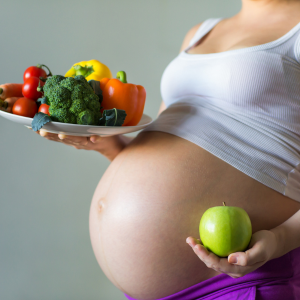
Exercise and Self-Care
Moderate activity is beneficial if your healthcare provider approves:
- Walking or Swimming: Low-impact ways to stay fit.
- Prenatal Yoga: Helps with flexibility and relaxation.
- Pelvic Floor Exercises: Strengthens muscles to support childbirth.
Listen to your body and stop if you feel dizzy, breathless, or experience pain.
Emotional Wellbeing
The second trimester can bring emotional highs and lows. Here’s how to nurture your mental health:
- Connect with Support: Talk to your partner, family, or friends.
- Prenatal Classes: Learn about childbirth and newborn care.
- Relaxation Techniques: Meditation, gentle stretching, or reading can reduce stress.
When Will I Feel My Baby Move?
Many moms start noticing those first gentle flutters—often called quickening—between 16 and 20 weeks of pregnancy. If this is your first baby, you may not recognize the feeling until closer to the 18- to 20-week mark. Experienced moms sometimes notice movements a bit earlier because they know what to look for.
At 16 weeks pregnant, your baby is already active, stretching and kicking inside the womb. Those movements can feel like tiny bubbles, soft taps, or a light fluttering deep in your belly. Don’t worry if you haven’t felt anything yet; every pregnancy is different, and the timing depends on factors like:
- Placenta location: An anterior placenta (attached to the front of the uterus) can cushion those first kicks.
- Your body type: Extra abdominal padding may delay when you sense movement.
- Baby’s activity pattern: Some babies are naturally more energetic than others.
If you haven’t felt movement by 20 weeks, your healthcare provider will check growth and heartbeat at your routine visit, which is perfectly normal.
What to Avoid at 16 Weeks Pregnant
Even though you’re well into the second trimester, some everyday habits and foods can still pose risks. At 16 weeks pregnant, keep these precautions in mind:
- Alcohol and Smoking: Both can harm your baby’s growth and increase the risk of complications.
- High Caffeine Intake: Limit caffeine to about 200 mg per day (roughly one 12-oz cup of coffee).
- Raw or Undercooked Foods: Avoid sushi with raw fish, undercooked meats, raw eggs, and unpasteurized dairy to reduce the chance of foodborne illness.
- Certain Fish: Skip high-mercury options such as shark, swordfish, king mackerel, and tilefish.
- Hot Tubs and Saunas: Overheating can raise your core temperature to unsafe levels for the baby.
- Some Medications and Herbal Supplements: Always check with your healthcare provider before taking any prescription drugs, over-the-counter medicines, or herbal remedies.
- Heavy Lifting or High-Impact Activities: Protect your back and growing belly by avoiding activities that strain your abdomen or carry a high risk of falling.
By steering clear of these items and habits, you help ensure a safer, healthier pregnancy journey. Always consult your doctor or midwife if you’re unsure whether something is safe while you’re 16 weeks pregnant.
Is 16 Weeks Pregnant 5 Months?
Not exactly. When you are 16 weeks pregnant, you are about four months along, not five. Pregnancy is typically counted as 40 weeks, which equals roughly 9 months, so each month averages about 4.3 weeks.
Here’s a simple breakdown:
- 4 weeks pregnant → 1 month
- 8 weeks pregnant → 2 months
- 12 weeks pregnant → 3 months
- 16 weeks pregnant → 4 months
- 20 weeks pregnant → 5 months
So at 16 weeks, you’re still in your fourth month and entering the early stage of your second trimester, when energy often improves and your baby continues rapid growth.
Where Is the Baby Positioned at 16 Weeks?
At 16 weeks pregnant, your baby is growing rapidly and starting to move more actively inside the uterus. The uterus is now about halfway between your pubic bone and belly button, so your baby sits higher in your pelvis compared to the first trimester.
Some key points about baby positioning at this stage:
- Uterus Expansion: Your uterus is expanding upward to make room for the growing baby, which may start showing as a small bump.
- Amniotic Fluid: Your baby is floating in amniotic fluid, allowing free movement and muscle development.
- Placenta Location: The placenta may be on the front (anterior) or back (posterior) wall of the uterus. If it’s anterior, you might feel fetal movements slightly later because the placenta cushions the kicks.
- Baby’s Positioning: The baby can change orientation frequently—head up, head down, or sideways—because there’s plenty of space to move around.
At 16 weeks pregnant, it’s normal not to feel every movement yet. Those first flutters, called quickening, typically start between 16 and 20 weeks, depending on the baby’s position and your body type.
Can a Baby Kick at 16 Weeks?
Yes! At 16 weeks pregnant, your baby is already moving and can kick, stretch, and wiggle inside the womb. However, these movements are usually very gentle at this stage and may feel like tiny flutters, bubbles, or light taps.
A few things to know about kicks at 16 weeks:
- First Flutters: Some moms notice movements (quickening) around 16 weeks, but for first-time pregnancies, it may take a little longer—sometimes until 18–20 weeks.
- Baby’s Size: At about 4–5 inches long, your baby has enough muscle development to move but still has plenty of space, so kicks aren’t strong yet.
- Placenta Position Matters: If the placenta is located on the front wall of the uterus (anterior placenta), it can cushion movements, making them harder to feel.
- Movement Patterns: Your baby may move more at certain times of the day, often when you are resting and more aware of sensations.
Feeling these early movements is an exciting milestone—it’s your baby’s first way of communicating inside your womb!
How Much Weight Should You Gain by 16 Weeks?
By 16 weeks pregnant, most women have gained about 5 to 10 pounds (2–4.5 kg) since the start of pregnancy. However, exact weight gain can vary depending on your pre-pregnancy weight, metabolism, and overall health.
A few important points to keep in mind:
- Recommended Rate: In the second trimester, a healthy weight gain is typically 1–2 pounds (0.5–1 kg) per week.
- Factors Affecting Weight Gain:
- Pre-pregnancy BMI: Underweight Women may gain more, while those who were overweight may gain less.
- Fluid Retention: Mild swelling is normal and can slightly affect the scale.
- Baby Growth: Your growing uterus, amniotic fluid, placenta, and breast tissue contribute to overall weight gain.
- Healthy Choices: Focus on nutritious foods, such as lean proteins, fruits, vegetables, whole grains, and dairy, rather than empty calories.
Remember, weight gain is a gradual process, and fluctuations are normal. Your healthcare provider will track your progress and guide you to the healthiest range for you and your baby.
How Big Should My Bump Be at 16 Weeks Pregnant?
At 16 weeks pregnant, your baby bump is starting to become more noticeable, but the size and shape can vary widely from woman to woman. Factors like body type, muscle tone, and whether it’s your first pregnancy all affect how your bump looks.
Some details to keep in mind:
- Typical Size: At 16 weeks, the uterus is about halfway between your pubic bone and belly button, giving your belly a soft, rounded appearance.
- First vs. Subsequent Pregnancies: First-time moms often show a little later, while women who have had previous pregnancies may show sooner.
- Clothing Fit: You might start noticing that pants feel snug around the waist or that maternity clothes are more comfortable.
- Bump Shape: Some women carry more front-loaded, while others show more around the hips or lower abdomen. Both are perfectly normal.
Remember, every pregnancy is unique. Your bump size isn’t an indicator of your baby’s growth—it’s just one of the many changes your body is experiencing as you progress through pregnancy.
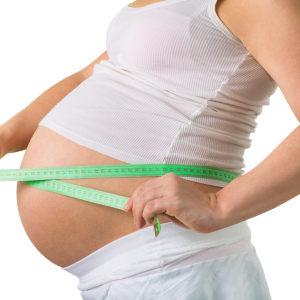
What Are Common Cravings at 16 Weeks Pregnant?
At 16 weeks pregnant, many women notice their appetite increasing as nausea fades and energy returns. Along with this, cravings for certain foods can become more intense. These cravings are often influenced by hormonal changes, nutritional needs, and even emotional factors.
Some common cravings include:
- Sweet Foods: Chocolate, candies, and desserts are frequently desired.
- Salty Snacks: Chips, pretzels, pickles, and other salty treats can be tempting.
- Fruits: Juicy options like mangoes, berries, and oranges may appeal due to their natural sweetness and vitamins.
- Dairy: Cheese, yogurt, and milk are often craved for calcium.
- Protein-Rich Foods: Eggs, meat, or nuts can satisfy growing energy needs.
- Unusual Combinations: Some women experience cravings for odd pairings, such as pickles with ice cream.
Tips to manage cravings safely:
- Satisfy cravings in moderation—choose healthy versions when possible.
- Include a balanced mix of protein, whole grains, fruits, and vegetables to keep energy levels steady.
- Stay hydrated, as thirst can sometimes be mistaken for hunger.
Cravings are normal and often temporary. Listening to your body while maintaining a nutritious diet helps both you and your baby thrive during this exciting stage of pregnancy.
Why Am I Not Hungry at 16 Weeks Pregnant?
It’s completely normal for some women to experience reduced appetite even at 16 weeks pregnant, despite being in the second trimester when energy needs are increasing. Several factors can influence this:
- Hormonal Changes: Pregnancy hormones like progesterone can affect digestion and appetite, sometimes making you feel full faster.
- Morning Sickness Lingering: For some women, nausea can continue into the second trimester, reducing interest in food.
- Emotional Stress or Fatigue: Anxiety, tiredness, or stress can temporarily suppress hunger.
- Digestive Changes: Slower digestion during pregnancy can make you feel bloated or full sooner than usual.
Tips if you’re not very hungry:
- Eat smaller, frequent meals throughout the day instead of three large ones.
- Focus on nutrient-dense foods—like smoothies, yogurt, eggs, or nuts—to ensure you and your baby get essential vitamins and minerals.
- Stay hydrated, as dehydration can sometimes be mistaken for lack of appetite.
- Listen to your body—it’s okay to eat less sometimes, as long as you maintain overall nutrition.
If your lack of appetite continues for several weeks or is accompanied by weight loss, severe nausea, or dizziness, contact your healthcare provider for guidance.
Can I Feel My Baby by Touching My Stomach at 16 Weeks?
At 16 weeks pregnant, your baby is active and moving inside the womb, but in most cases, it is too early to feel the baby by touching your stomach. At this stage:
- Baby Size: Your baby is about 4–5 inches long and still small enough that movements are subtle.
- Abdominal Muscles: Your uterine muscles and abdominal wall cushion movements make them hard to detect externally.
- First Flutters (Quickening): Many moms begin to notice internal flutters between 16 and 20 weeks, but these are usually felt internally, not by pressing on the belly.
While you may not feel kicks or movements from the outside yet, your baby is growing, stretching, and practicing movements like kicking, rolling, and squirming—preparing for more noticeable activity in the coming weeks.
Tip: Gently resting your hands on your belly can help you become more aware of subtle movements as they start to happen.
Conclusion
Being 16 weeks pregnant is an exciting milestone in your pregnancy journey. Your baby is growing rapidly, moving more actively, and developing important features, while your body continues to adapt to these changes. Many women experience increased energy, easing of early pregnancy symptoms, and the first flutters of movement—signs that the second trimester is well underway.
It’s important to focus on balanced nutrition, gentle exercise, prenatal care, and emotional well-being during this stage. Pay attention to your body, track your baby’s movements, and consult your healthcare provider with any concerns. By following healthy habits and staying informed, you’re giving your baby the best start while also taking care of yourself.
Enjoy this phase of pregnancy—the second trimester is often considered the most comfortable and joyful time, filled with growth, anticipation, and the incredible experience of feeling your little one come to life.

